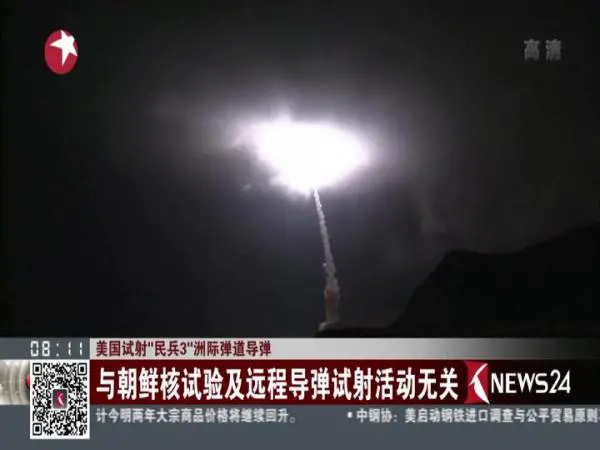A group of South Korea lawmakers crossed the border line separating two Koreas into the Kaesong industrial complex to make an on-site inspection during the parliamentary audit session, Seoul's Unification Ministry said Wednesday.
"A total 47 people, including 21 members of the parliamentary foreign affairs and unification committee, crossed the military demarcation line at 9:30 a.m. as scheduled," Unification Ministry Spokeswoman Park Soo-jin said at a press briefing.
Vice Unification Minister Kim Nam-sik accompanied the 21 lawmakers for the protocol purpose along with some ministry officials, aides of lawmakers and reporters.
The visit marked the first time that South Korean legislators travel to the Kaesong industrial zone, just north of the heavily armed border, during the parliamentary audit session that will run through Nov. 2.
The lawmakers asked the ministry on Oct. 14 to permit their trip to Kaesong to make an on-site inspection into the reopened factory park. The ministry passed the request on to the DPRK two days later.
In a surprise move, Pyongyang accepted the offer on Oct. 24, indicating a conciliatory gesture towards Seoul to ease tensions on the Korean Peninsula.
The Kaesong industrial complex, launched in late 2004, was halted for around five months since early April, before being reopened for operation on Sept. 16. Despite the reopening, many firms complained about loss of orders and lack of operating capital.
Among 123 South Korean companies, which run factories in the Kaesong complex, 118 firms reportedly restarted factory operations, limiting their production capacity to around 80 percent.
"Although the Kaesong complex is restarted, companies fail to secure new orders, equaling to those before the (five-month-long) suspension," Rep. Ahn Hong-joon, chairman of the parliamentary committee, told reporters before heading to Kaesong.
Ahn said that there remained many institutional issues that should be resolved, including travel, communications and customs, adding that answers could be found within the complex.
Seoul and Pyongyang had discussed the introduction of an electronics system to control passage of businessmen to and from Kaesong along with the usage of mobile phones and the Internet connectivity within the factory park.
The discussion, however, was halted amid heightened tensions on the Korean Peninsula after the DPRK canceled the reunion of separated families during the 1950-53 Korean War.
Ahn said that the lawmakers will seek to devise legislative and policy support to develop the joint industrial zone in a progressive way, noting that such process would help improve inter- Korean relations and build trust between the two Koreas.
While staying in Kaesong, the lawmakers will be briefed on current business conditions of the complex, visit four companies there, have lunch with businessmen and inspect major infrastructure facilities such as water treatment plants, fire station and electric power substations.
The lawmakers were scheduled to cross the demarcation line back to the South side at 4 p.m.
 简体中文
简体中文



